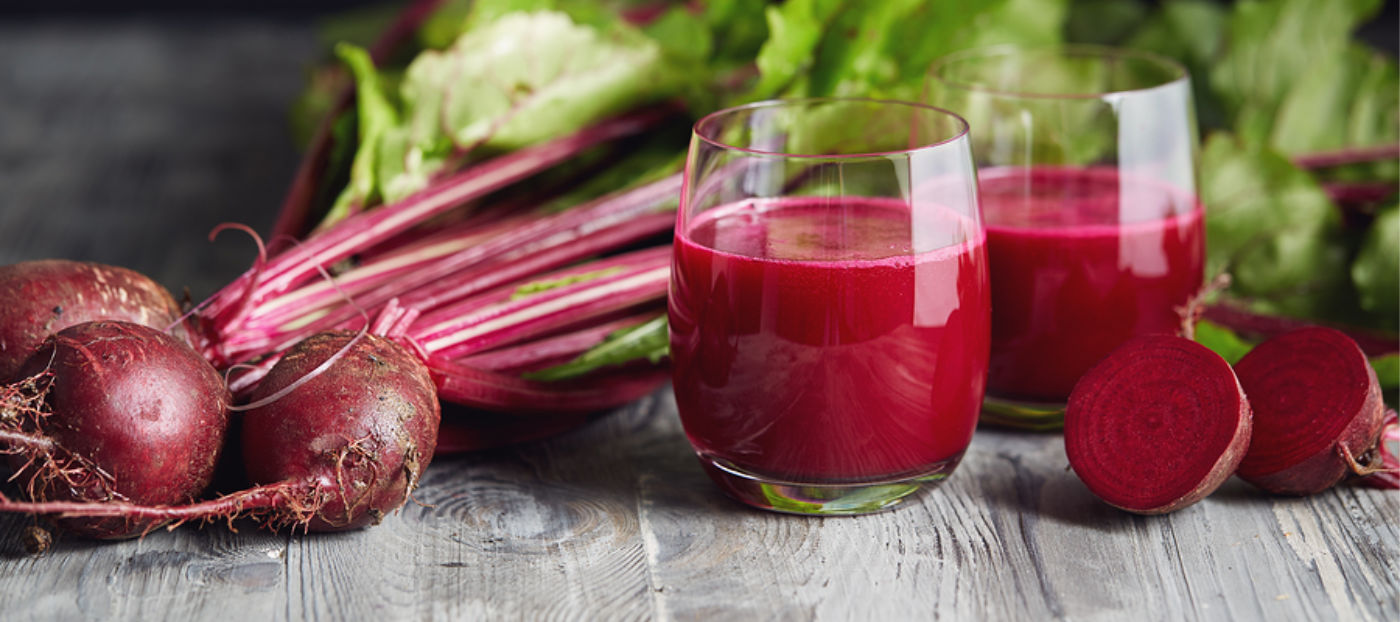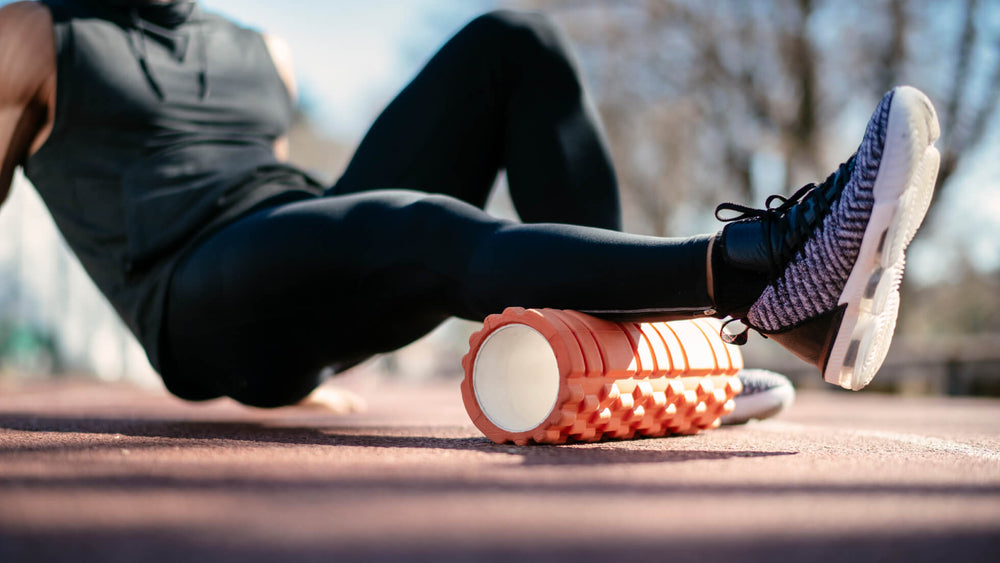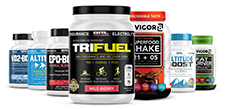Can Beet Juice Improve Athletic Performance?

By Melissa Mitri, MS, RD
Other than regular training and following a nutritious diet, you may be wondering what else you can do to give your athletic performance an edge. Recently, beet juice has gained popularity in the athletic world for its role in potentially boosting performance. This may be due to the nitrates present that give beets their distinct pink hue. As an athlete, how can you tap into the health benefits of beet juice and how much should you take?
Health Benefits
Beets are a nutritional powerhouse. They are low in calories, packing only 44 calories in a typical serving, yet highly nutritious.
Beets are an excellent source of antioxidants, which protect your immune system and prevent damage from toxins in the environment. The nitrates they contain work to open up blood vessels, improving blood flow. Due to this mechanism, they may also play a role in reducing blood pressure in those at risk.
Beets are particularly high in folate, fiber, and Vitamin C. These nutrients have many vital functions in the body, such as aiding in proper digestion, cardiovascular health and supporting your immune system.
More recently, beets have been studied for their role in exercise performance.
Improving Athletic Performance
Nitrates present in beet juice may enhance athletic performance and preserve much-needed energy during intense workouts. They appear to do this by reducing the amount of oxygen needed to be produced to fuel your workouts.
Once digested, nitrates from beet juice are converted to nitric oxide, which may play a role in improving cardiorespiratory fitness and muscle function during intense workouts. Nitric oxide opens up blood vessels through a process called vasodilation, which increases blood flow and sends more oxygen to your working muscles. With more oxygen being delivered to the muscles, the body is able to better preserve energy. This can increase your endurance, and lengthen the amount of time before fatigue sets in.
Recommended Dosing
In two studies, 17 oz of beet juice daily was given to athletes for six days. This amount resulted in a 1% to 2% improvement in overall performance, and lengthened the time to performance exhaustion by 15% to 25%.
In runners specifically, drinking beet juice improved performance by 2.8% over 2.5 miles and 2.7% over a 10-mile run. This was likely due to increased blood nitrate levels once the beet juice was absorbed.
It’s important to note that blood nitrate levels typically peak within two to three hours. Therefore, to make the most of the possible benefits, it’s best to consume beet juice two to three hours before training or competition.
If you're not a beet fan, you can also get your beet juice dose from our new Strawberry INVIGOR8 shake. Try up to 16 oz of beet juice, or 8 to 16 oz of water mixed with two scoops of our Strawberry INVIGOR8 shake. It may be just the boost you need to “beet” the competition.
Take the next step in your training regimen: Try any BRL Sports supplement risk-free! If our natural nutritional products aren’t the best you’ve ever used, simply return your purchase for a 100% refund — no questions asked!
Also in Inspiration & Perspiration

High Altitude Supplements: Complete Guide to Training & Prevention (Altitude Sickness Solutions)
Support endurance and reduce altitude stress with supplements that improve oxygen efficiency, stamina, and recovery in high-altitude conditions.

Best Supplements For Runners: Complete Guide By Training Phase (Base, Peak, Taper & Race Day)
Discover the best supplements for runners by training phase—base, peak, taper, and race day—to boost endurance, recovery, and performance.

Creatine for Endurance vs. Sprint Efforts
Creatine isn’t just for power—learn how it boosts sprint speed, recovery, and endurance performance.


